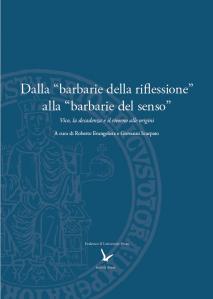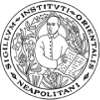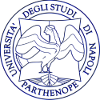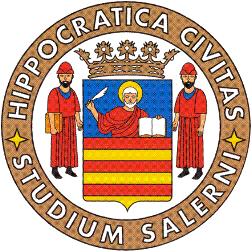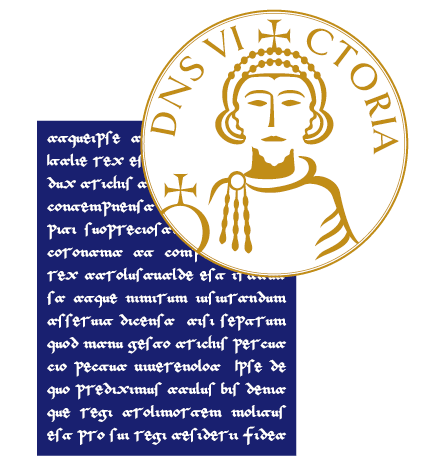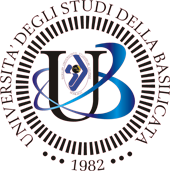From the “barbarism of reflection” to the “barbarism of meaning”: Vico, decadence and the return to the origins
Keywords:
Vico, Gb., Decadence, Brabarism, Middle Ages, Philosophy of HistorySynopsis

Editore: FedOA - Federico II University Press
Series: Miscellaneous
Pages: 80
Language: Italian
Abstract: One of the ways to reconsider Vico's reflection lies in the deepening of the relationship he probed between rationality and barbarism. The influence of historical criticism, not only directed at the investigation of the sacred scriptures but also at the mythical production of ancient civilisations, and the overcoming of a ‘bourgeois’ paradigm that saw in fables and primitive cultural productions the testimony of an ancient rational wisdom, or the projection into a past originating in the cultures of modern nations, was completely rethought by Vico. It is only through this rethinking that the nexus between barbarism and rationality is no longer presented in the terms of a contraposition, but rather as a dyad whose constituent elements are in perpetual communication, with forms and outcomes that only within the framework of human history acquire meaning. Reason enables humanity to emerge from a stage of barbarism, but it can also bring about its return.return. For this reason, the ideas of decadence and recourse take on an unquestionable centrality in Vico's civil thought. It is no coincidence that the essays collected in this volume often return to a very crucial passage of the Conclusion of Science where Vico fears, with an evocative capacity that seems to unite the philosophical and poetic dimensions, the ever latent possibility of the return to barbarism of European civilisation, just when it persuades itself that it has reached the pinnacle of civilisationand scientific progress.
Downloads
